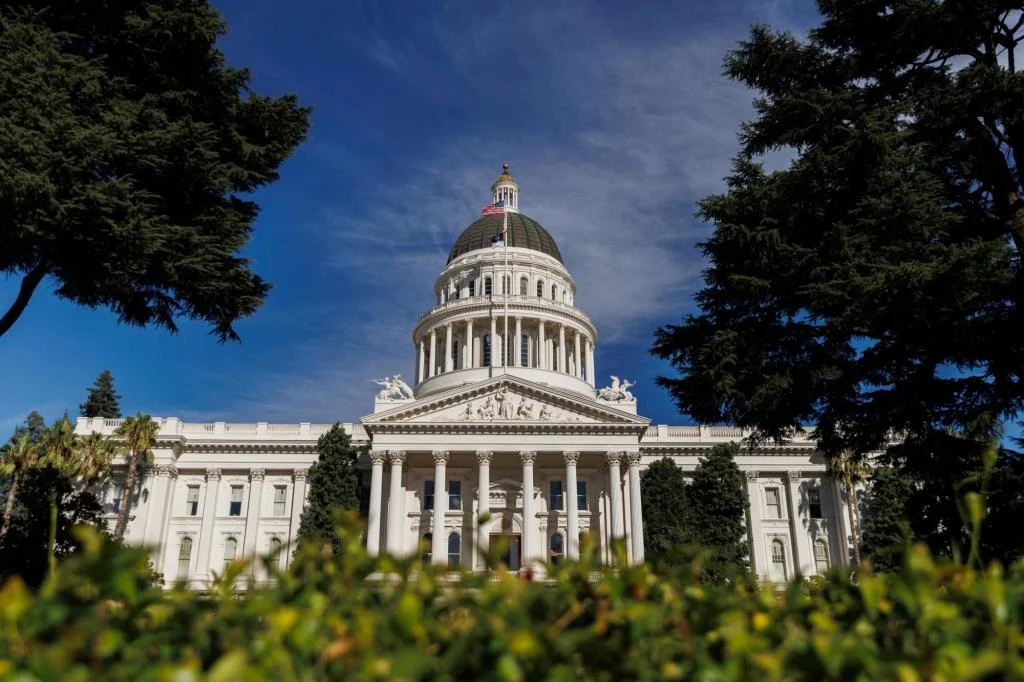
Is AB 715 Silencing Classrooms or Protecting Students? The California Education Battle Heats Up
In the heart of California's legislative arena, a heated debate over education, free speech, and discrimination is capturing national attention. At stake is Assembly Bill 715 (AB 715), a proposal that critics decry as a threat to academic freedom, while supporters frame it as a necessary shield against bias. As lawmakers navigate this contentious terrain, the bill's implications could reshape how sensitive topics like ethnicity, religion, and history are taught in schools nationwide.
The controversy began with the withdrawal of a similar bill, AB 1468, which faced significant backlash for its perceived restrictions on ethnic studies courses. Now, AB 715 has taken center stage, expanding the definition of 'nationality' to include perceived ancestry, ethnicity, or religious affiliation linked to specific countries, such as Israel. Proponents argue this addresses rising concerns over discrimination, including antisemitism and Islamophobia. However, opponents, including educators and civil rights groups, warn that it could lead to widespread censorship, punishing teachers for discussing topics like Palestinian rights or U.S. history if a student feels 'unsafe.'

According to a guest opinion piece, AB 715 empowers the State Superintendent to intervene directly in complaints without local investigations, potentially fining or jailing educators based on subjective claims. Assemblyman Mike Fong, a co-author, faces calls to withdraw his support, with critics labeling the bill as 'censorship disguised as equity.' Meanwhile, the California chapter of the Council on American-Islamic Relations (CAIR-CA), along with groups like AROC Action and JVP Action, condemned its recent 9-0 passage in a special Assembly Education Committee hearing. CAIR-CA CEO Hussam Ayloush stated, 'This bill cloaks censorship in the language of combating antisemitism while erasing Palestinian narratives.' Similarly, AROC Action Executive Director Lara Kiswani highlighted it as a 'thinly veiled attempt to vilify Ethnic Studies.'
This marks the second failure of similar efforts, as noted in recent reports, underscoring a pattern of pushback against restricting educational content. The bill's broad language raises questions: Who defines 'promotion of discrimination'? And will it disproportionately target certain groups? For instance, while it mandates scrutiny for antisemitic content, critics point out the lack of equivalent protections for anti-Palestinian racism or discrimination against other faiths. Dr. Theresa Montaña, a professor at California State University, Northridge, emphasized that existing procedures already handle classroom bias, warning that AB 715 could turn every discussion into a 'political minefield.'
The rushed process behind AB 715, with last-minute amendments and limited public input, has fueled accusations of procedural unfairness. Despite nearly 3,000 emails and public testimonies opposing the bill, supporters were reportedly given more speaking time during hearings. This ongoing saga reflects deeper societal tensions around identity, equity, and free thought in education.
In summary, AB 715's passage highlights a critical crossroads for California's schools, where the pursuit of safety might inadvertently stifle open dialogue. As this debate unfolds, it prompts us to consider: How can we balance protection from discrimination with the freedom to explore complex histories? We invite readers to share their thoughts in the comments below and join the conversation on social media—does this bill safeguard students or suppress vital voices?